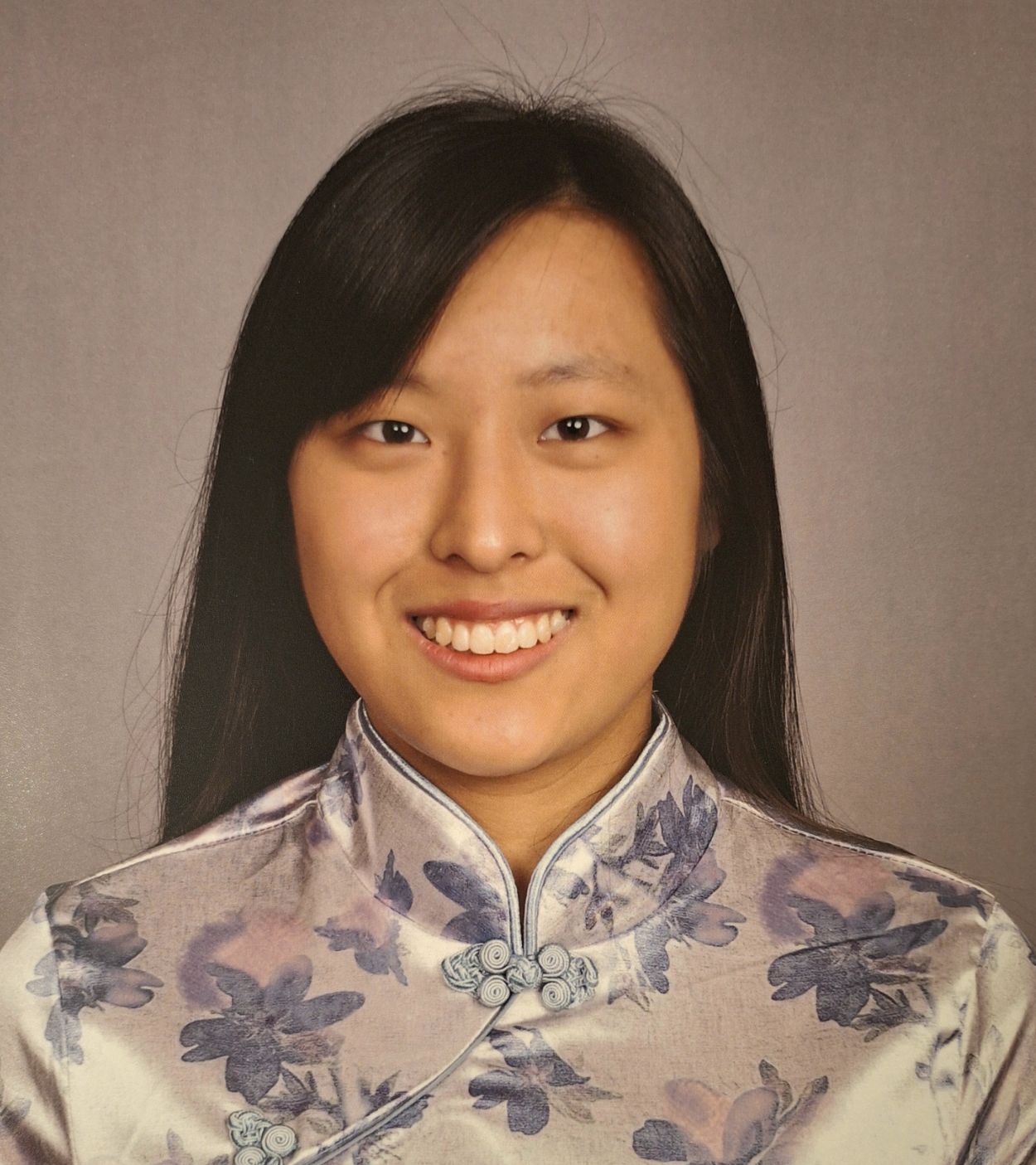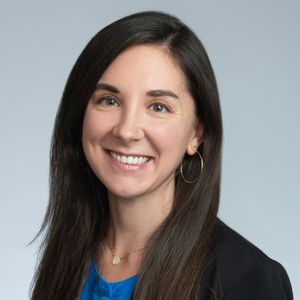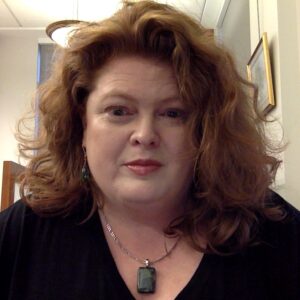Provide New Possibilities with Your ESL Teacher License
Access to language opens up opportunities for students. With an ESL master’s or master’s in TESOL, you’ll build the skills and learn the tools to help. But with our EdM in TESOL Multilingual Learner Education program, you can be a life-changing educator. Our one-year EdM in TESOL (Teaching English as a Second or Other Language) program is for:
- Prospective educators who want to pursue their first Massachusetts initial teaching license in ESL
- Educators who are already licensed in another subject but want to earn an advanced degree in TESOL and an ESL teacher license
- Inspired educators who want to learn culturally informed methods of teaching and relationship building
Program Pathways
ESL Teacher License: PreK–6 (Elementary School) Track
Want to work with early learners? Choose the elementary school track to prepare for initial Massachusetts licensure in ESL in grades PreK–6.
ESL Teacher License: 5–12 (Middle and High School) Track
With the middle and high school track, you’ll be prepared to teach pre-teens and adolescents, earning initial Massachusetts licensure in ESL in grades 5–12.
Gain Meaningful Field Experience
Students in both pathways for the EdM program complete an English as a Second Language pre-practicum in the fall and a full practicum in the spring. Practicum experiences are completed in local public and charter schools.
The TESOL program at BU Wheelock is truly amazing. I have learned a lot, and more importantly, I have become a much more mature and analytical teacher.
Career Outcomes with an ESL Teacher License
While most master’s in TESOL cover the basics, the EdM in TESOL Multilingual Learner Education from Boston University will prepare you to be a culturally responsive educator in a variety of settings. In addition to earning your ESL teacher license, you’ll build the skills and confidence to master:
- Curriculum, planning, and assessment
- Teaching all students by creating a safe and effective classroom environment
- Family and community engagement, including providing at-home learning tools
- Subject matter knowledge, including instructional strategies that support English language development
Join Alumni of the EdM in TESOL Multilingual Learner Education
When evaluating an ESL master’s or master’s in TESOL program, it’s important to look at student outcomes. Upon completion of Boston University’s EdM in TESOL Multilingual Learner Education, you’ll be skilled at supporting English learners in the classroom and prepared for success in a variety of roles. Common career paths for our alumni include:
- ESL teacher in US K–12 public, private, or charter schools
- ESL teacher in an international school
Featured Faculty
When considering an ESL master’s or master’s in TESOL program, it’s important to look at the interests and values of the faculty. Faculty in our EdM in TESOL Multilingual Learner Education program are passionate about training teachers to provide equitable, culturally sustaining language instruction in K–12 schools.
Learn with experienced educators who care deeply about your academic and personal well-being. Program culture is collaborative and supportive, so you can concentrate on becoming an excellent teacher.

“I was an elementary and middle school teacher at Boston public and charter schools, and I loved working with and learning from families and community members. As an ESL teacher, you work as an advocate for the students, families, and communities you are partnering with. As a result, a favorite part of my role now is helping teacher candidates or prospective teachers figure out what that advocacy role means to them.”
Dr. Jennifer Altavilla-Giordano
Program Director, TESOL Multilingual Learner Education (Licensure) & Lecturer
Courses in the EdM in TESOL Multilingual Learner Education Program
Unlike some ESL master’s or master’s in TESOL programs, our EdM in TESOL Multilingual Learner Education program emphasizes the importance of culturally responsive teaching. This includes strategies for leveraging home language resources in the ESL and content-area classrooms.
You’ll study linguistics, language acquisition, assessment and pedagogy, techniques for developing biliteracy skills, lesson planning for language instruction, and policy issues that influence English learners in U.S. public schools.
Courses in the PreK–6 (elementary school) ESL Teacher License track include:
- Special Education: Curriculum and Instruction
- Second Language Acquisition
- Educational Issues in Bilingualism
Courses in the Grades 5-12 (middle and high school) ESL Teacher License track include:
- Introduction to Adolescent Development
- Methods of Teaching English as a Second Language
- Literacy Development for Bilingual Students: Instruction and Assessment
Scholarships Available
Earning your ESL teacher license is closer than you think! Don’t let funding keep you from pursuing an ESL license or master’s in TESOL. Let us help you invest in yourself in this one-year program. Our EdM in TESOL Multilingual Learner Education offers merit-based scholarships.
Admissions & Dates
Spring & Fall 2026
Aug 15, 2025
Application Opens
Spring 2026 Semester
Dec 15, 2025
Application Deadline
Fall 2026 Semester
Jan 15, 2026
Deadline to Receive Priority Scholarship Consideration
Fall 2026 Semester
Aug 1, 2026
Application Closes
Connect with BU Wheelock to learn more about the one-year EdM in TESOL Multilingual Learner Education program. Learn about application requirements and deadlines, sign up for an information session, or start your application today.
Licensing Disclosure
BU Wheelock Educator Preparation Programs Licensing Disclosure provides information about BU Wheelock state-approved programs and how the educational requirements compare with those in other states. Education students in licensure programs should review this resource and contact edlic@bu.edu with questions.
Background Checks
Students who are admitted into BU Wheelock routinely participate in field experiences as a part of their respective program curriculum and requirements. Most field sites require criminal background checks to determine students’ eligibility for participation. History of a criminal background may disqualify students from participating in these required experiences, which in turn may impede the successful completion of one’s degree program.





